2358 [2344] Hrs GMT
London
Friday
12 Nov 2010
Editor © Muhammad Haque
The role played by the Guardian especially in the ‘adding of a semblance of credibility to Nick Clegg’s claim as the honest one of the three Party Leaders’ before the 2010 Elections, is now exposed as having been an ill-advised one. The exposure is taking place in some of the reporting by the Guardian itself.
As has happened in the past 90 minutes or so with the Guardian online publishing a report by Nick Watts confirming that Clegg and Danny Alexander’s gang had brazenly lied about university tuition fees. Not only had they lied, they had in fact done what can only be described as a conspiracy to steal votes on a false promise that they wantonly made!
Here is a brief comment posted on the Guardian online story by BHANGEELAAR! making two brief but central points about the role of the Guardian:
“Can't be long before the Guardian finds another note somewhere showing a planned staging of sincerity hiding another assault on another aspect of Society in Britain by the Nick Clegg “Party’ well before the 06 May 2010 elections.
Has Alan Rusbridger [Guardian Editor] seen enough evidence now to think that the Guardian needs to really thoroughly and objectively examine all the evidence before endorsing any Party or clan before an Election?
2344 Friday 12 Nov 2010”
For reference, we are publishing the texts of the Guardian news story about Lib Dems planned lie to the electorate:
"Revealed: Lib Dems planned before election to abandon tuition fees pledge
Exclusive: Documents show Nick Clegg's public claim was at odds with secret decision made by party in March
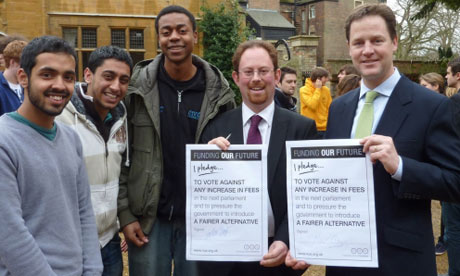
The Liberal Democrats were drawing up plans to abandon Nick Clegg's flagship policy to scrap university tuition fees two months before the general election, secret party documents reveal.
As the Lib Dem leader faces a growing revolt after this week's violent protest against fee rises, internal documents show the party was drawing up proposals for coalition negotiations which contrasted sharply with Clegg's public pronouncements.
A month before Clegg pledged in April to scrap the "dead weight of debt", a secret team of key Lib Dems made clear that, in the event of a hung parliament, the party would not waste political capital defending its manifesto pledge to abolish university tuition fees within six years.
In a document marked "confidential" and dated 16 March, the head of the secret pre-election coalition negotiating team, Danny Alexander, wrote: "On tuition fees we should seek agreement on part time students and leave the rest. We will have clear yellow water with the other [parties] on raising the tuition fee cap, so let us not cause ourselves more headaches."
The document is likely to fuel criticism among Lib Dem backbenchers and in the National Union of Students that the party courted the university vote in the full knowledge that its pledge would have to be abandoned as the party sought to achieve a foot in government. Within a month of the secret document, Clegg recorded a YouTube video for the annual NUS conference on 13 April in which he pledged to abolish fees within six years.
"You've got people leaving university with this dead weight of debt, around £24,000, round their neck," the future deputy PM said in the video that was screened at the conference on 13 April.
Clegg also joined all other Lib Dem MPs in signing an NUS pledge to "vote against any increase in fees". The leaked document showed that during the preparations for a hung parliament the Lib Dems still intended to fulfil that commitment.
The Lib Dems, who are now under intense pressure after agreeing in government that tuition fees should be allowed to rise, said the document was designed to work out how to reach agreement with the Tories and Labour, who were "diametrically" opposed to them.
As the party was isolated, the negotiators concentrated on trying to win ground where they could find consensus. Source say that, in government, they have succeeded in tackling the discrimination against part-time students identified in the secret document.
The secret internal Lib Dem document is disclosed in a new book on the coalition negotiations by Rob Wilson, Conservative MP for Reading East. Wilson, who interviewed 60 key figures from the main parties for Five Days to Power, reveals that:
• The Lib Dems made no attempt to stand by their two key economic election pledges – no deficit reduction this year and opposition to a VAT increase – in the coalition negotiations. A Clegg aide told Wilson: "The thing that changed minds was George Osborne saying that he had seen the figures and it was quite horrific in real life as opposed to spin life."
• Alexander, appointed by Clegg last year to lead a secret four-strong coalition negotiating team, had thought the Lib Dems would only support a minority Tory government and not a coalition because of a "substantial gulf" between the two parties. In his confidential document on 16 March, Alexander wrote that it "would make it all but impossible for a coalition to be sustainable if it were formed, and extremely difficult to form without splitting the party."
• Chris Huhne, a member of the secret team, wrote a dissenting report to Clegg insisting that the Lib Dems would have to form a full-blown coalition with the Tories and not prop up a minority government. He warned there was no precedent for a minority government succeeding delivering a fiscal consolidation, raising the prospect both parties would face a backlash. "Financial crises are catastrophic for the political parties that are blamed, and we should avoid this at all costs."
• George Osborne, who had long feared the Tories would struggle to win an overall parliamentary majority, persuaded David Cameron to allow him to form the Tories' own secret coalition negotiating team two weeks before the election. The Tory leader demanded total secrecy and asked only to be given the barest details for fear that he would blurt it out "unplanned in an interview".
• David Laws, a member of the secret Lib Dem negotiating team who briefly served in the cabinet, predicted on 24 February 2010 that the Tories would make a "very early offer of co-operation or coalition" in the event of a hung parliament. Laws told Wilson that he has a high regard for Osborne who tried to persuade him to join the Tories in 2006.
• Gordon Brown was so keen to form a coalition with the Lib Dems that on Monday 10 May, the day before his resignation, he offered to form "a completely new sort of government" in which Clegg would run EU policy. The Lib Dems understood they would take half of the seats in cabinet.
A Lib Dem spokesman said tonight: "These are selective extracts of documents which discussed a range of options ahead of any possible negotiations. As the Liberal Democrats made clear throughout the election and in negotiations, they had four key priorities which were set out on the front page of the manifesto. All of these priorities were agreed in the coalition document. The nature of the coalition agreement has meant we were able to set the foundations for a stable five-year government that will deliver many of the priorities the Liberal Democrats have long supported."
Clegg tried to downgrade the pledge to abolish tuition fees at the 2009 conference, prompting a backlash from the left. A plan to abolish them over six years was included in the general election manifesto.














![Kay Jordan marched in Hanbury Street, Princelet street on 17 January 2006 [pictured below]](https://blogger.googleusercontent.com/img/b/R29vZ2xl/AVvXsEjmFpkcZgAW1eZKWId6O-xApvo7_zu4rL0QLz_ByB_FHaKbyUkAFfaPT1RdxXqjX-YVvveRu2zdPyr0pXqiFK-0SAjQd5vyTwGgGDnyU600Gk-gu-MueRhRIg_UhFT66fo8gzCl2tM4BX-8/s760/KHOODEELAAR%2521+No+to+Crossrail+Hole%252C+Demo+in+Hanbury%252C+Spelman%252C+Princelet+Streets+and+Brick+Lane+London+E1+17+January+2006.jpeg)
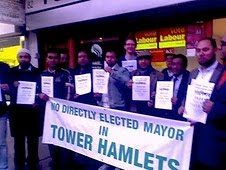
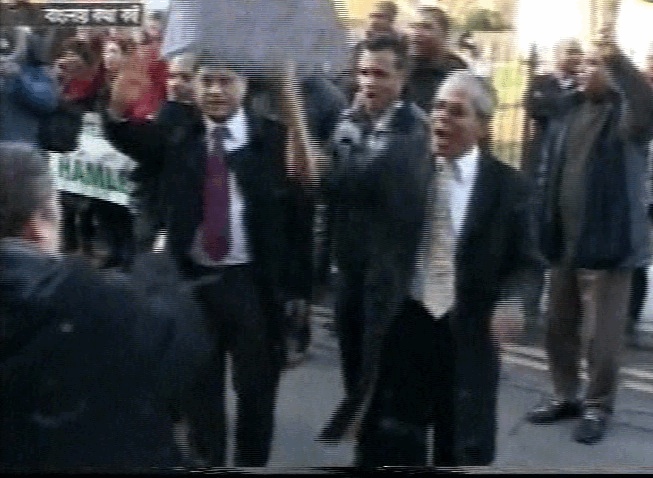



















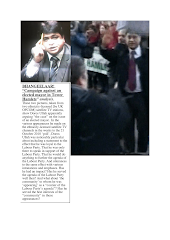




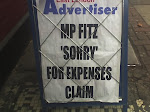

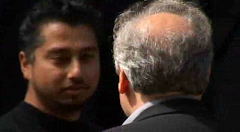
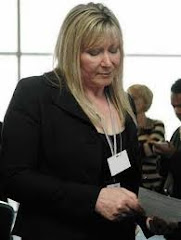
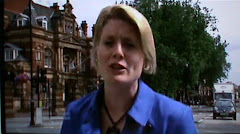


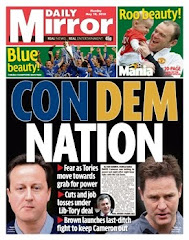
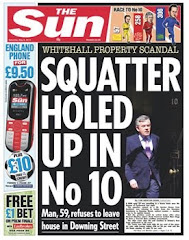
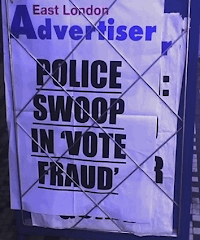

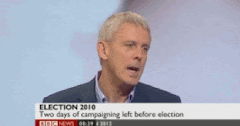





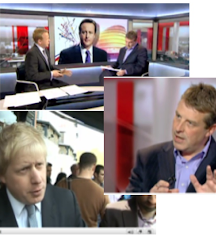
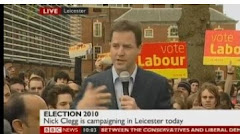
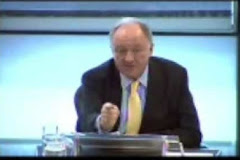
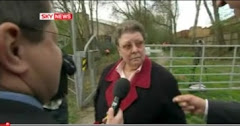

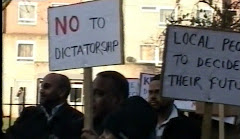


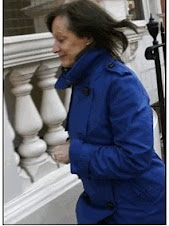
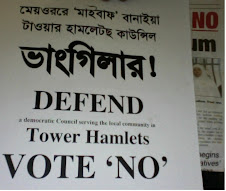
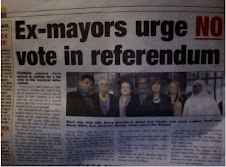

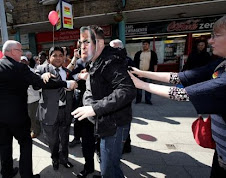

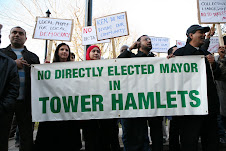

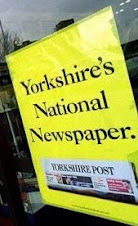

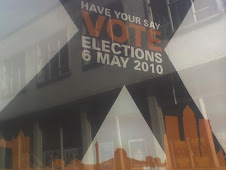
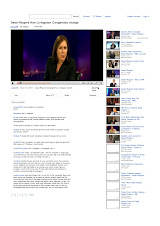
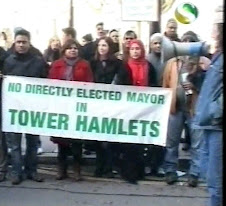

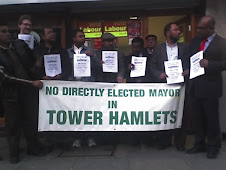
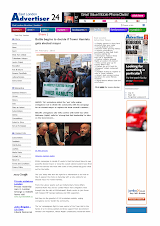
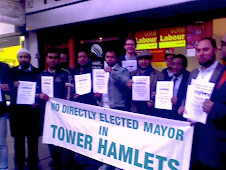
No comments:
Post a Comment